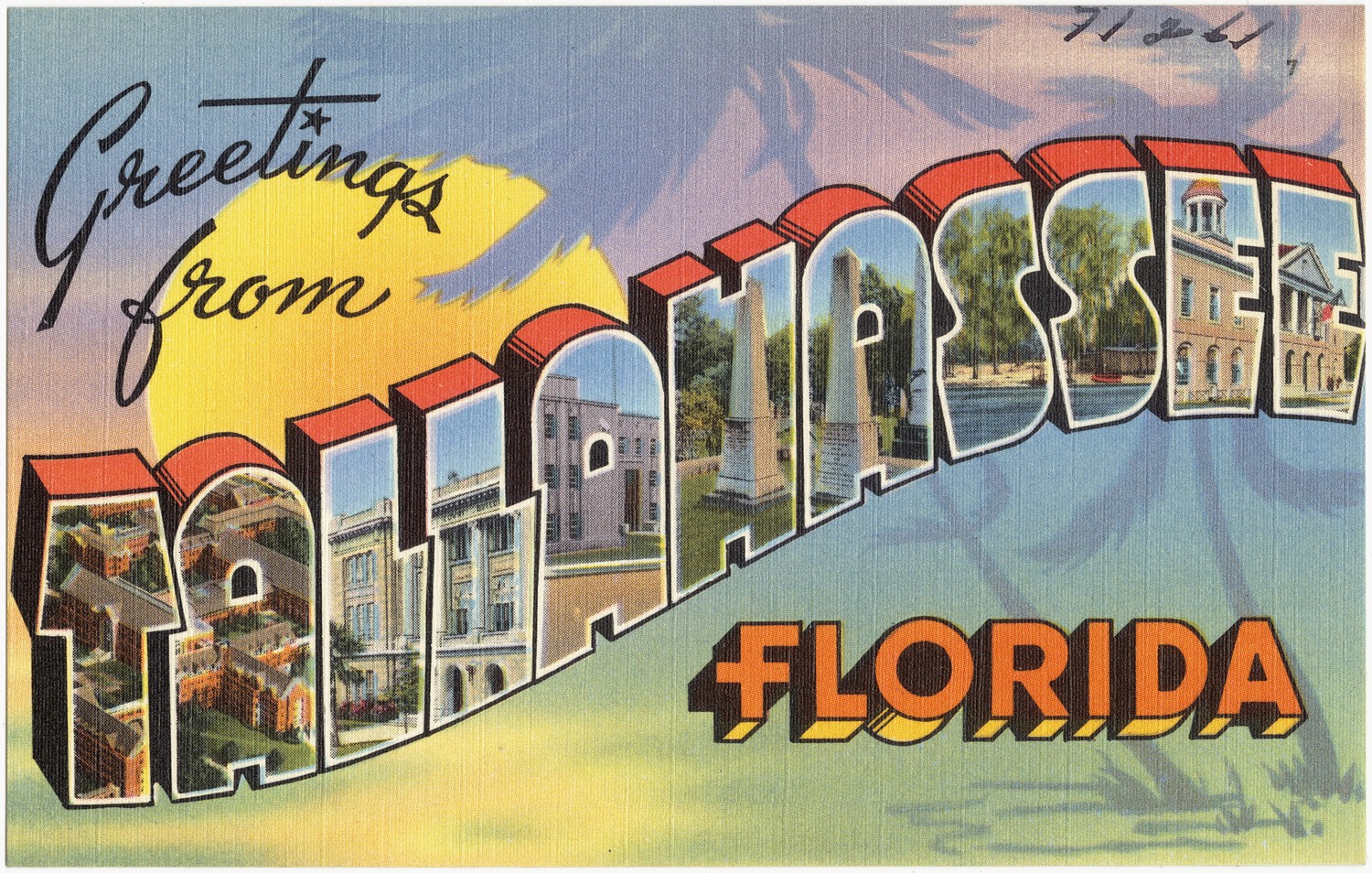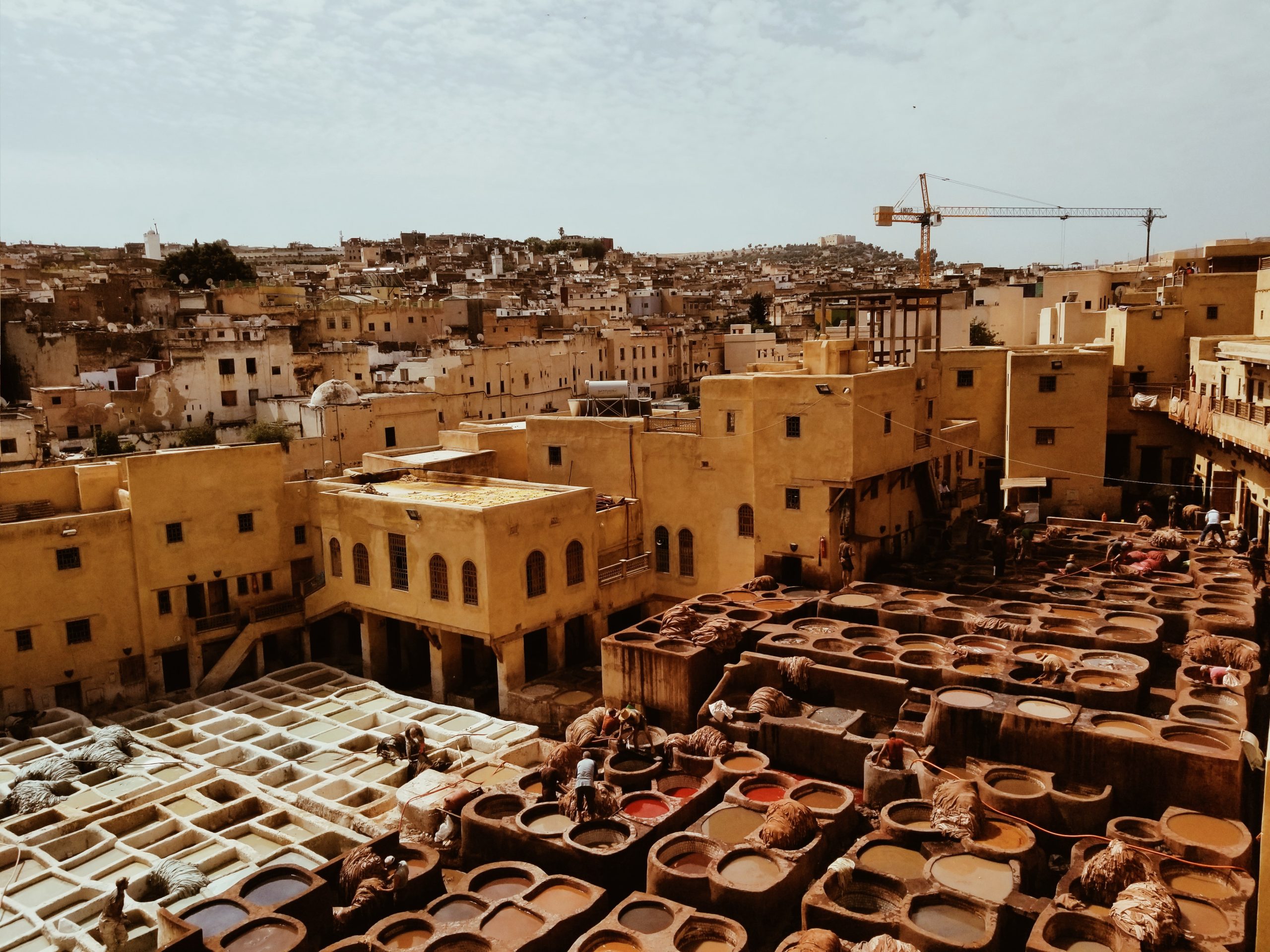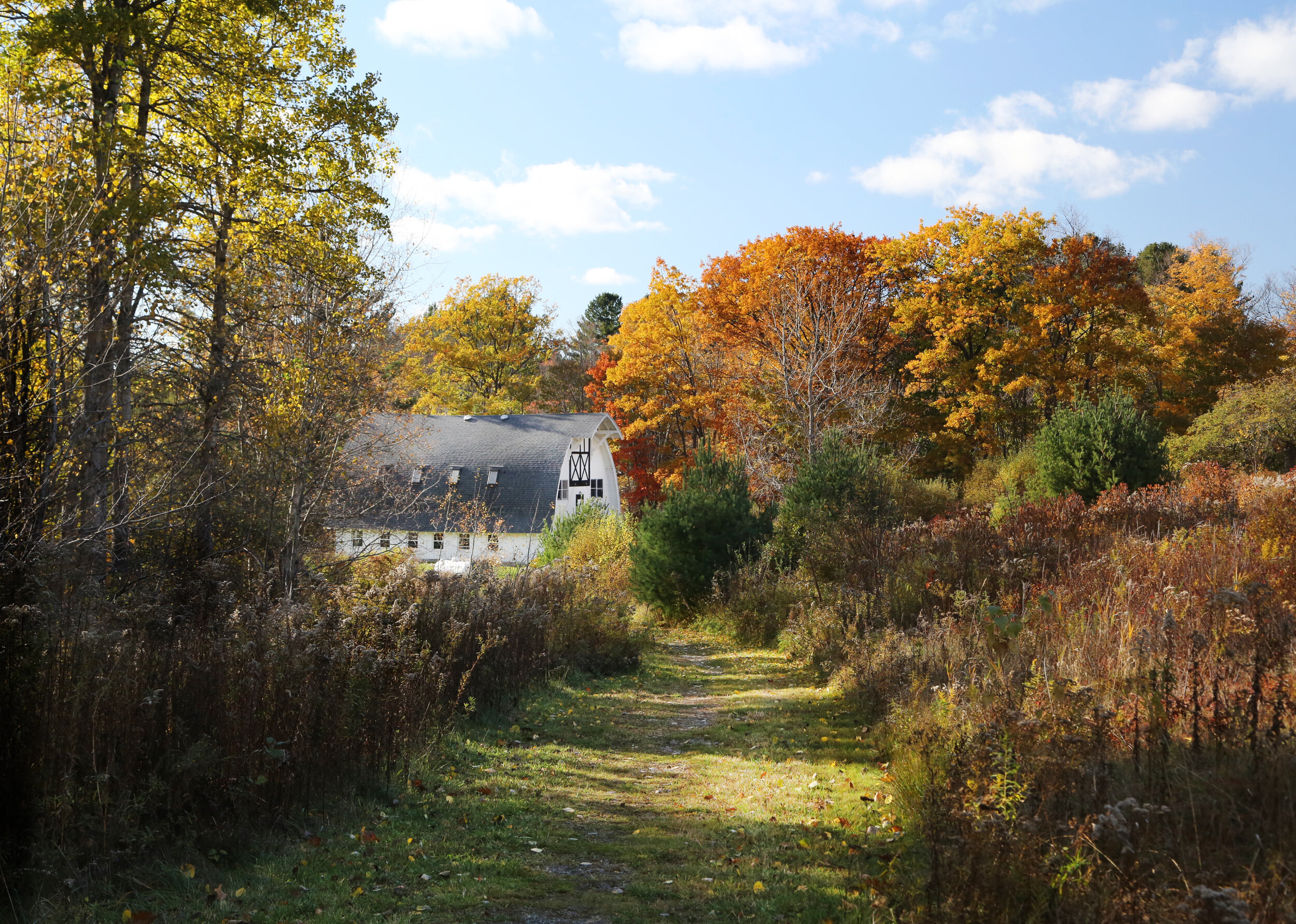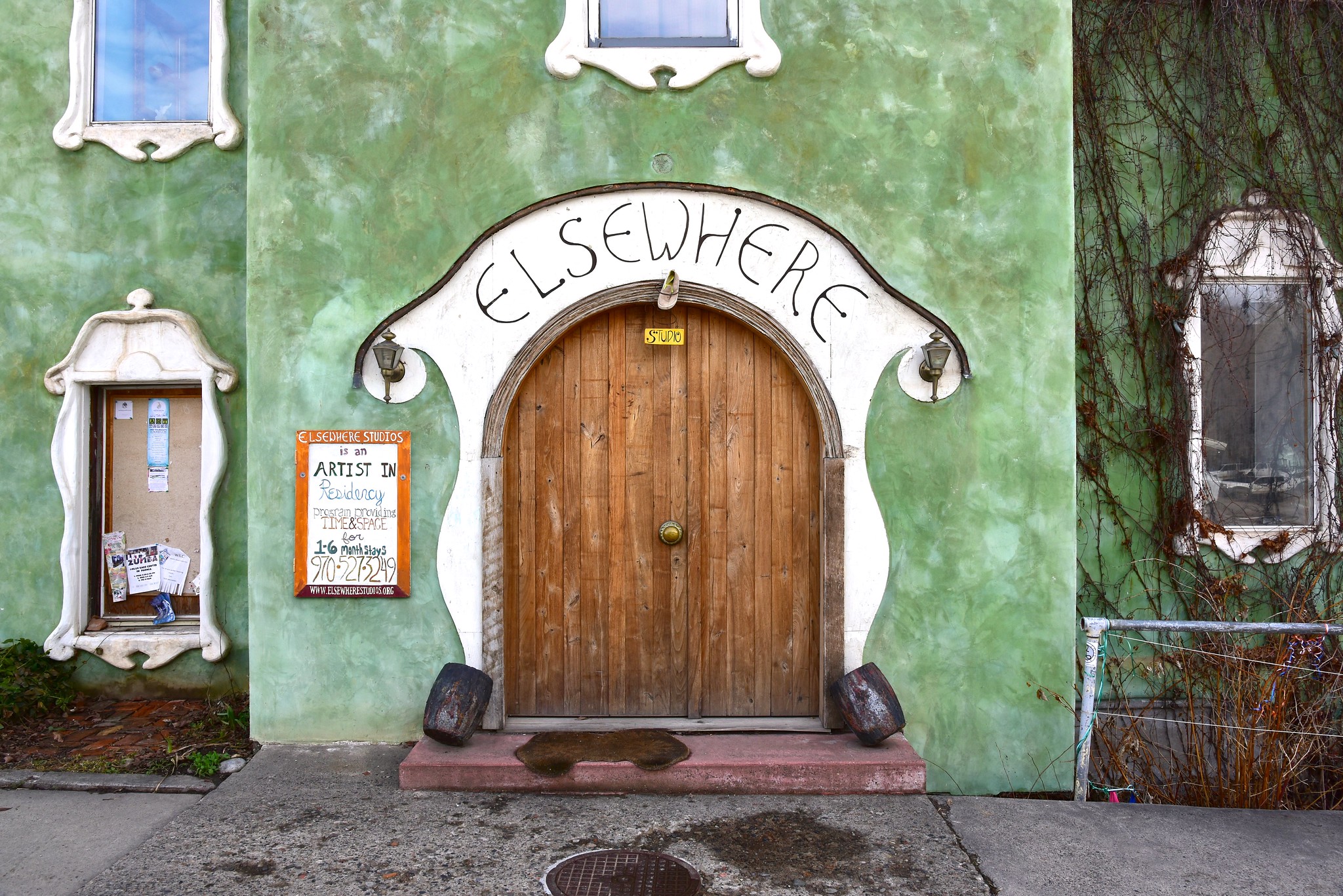interviews
The Writing Life on the Road: Jeff VanderMeer’s Tallahassee

Visiting the author of Borne and the Southern Reach Trilogy in his natural habitat to discuss panthers, slugs and Nabokov’s notecards

Electric Literature’s contributing editor Michael J Seidlinger is on the road as part of his project, #followmebook, visiting writers and exploring the limits of social media. As part of a limited summer series called “The Writing Life on the Road,” he’s sharing his conversations with writers he encounters as he makes his way from New York to California. This week, Jeff VanderMeer, author of Borne and the Southern Reach trilogy, shares details and insights from his writing life in Tallahassee, Florida.
What follows are highlights from Jeff’s interview with Michael. His responses have been edited for clarity.
Setting the Scene: A Very VanderMeer Landscape
We’re at St. Marks Wildlife Refuge, the end of the road so to speak, at the lighthouse that was inspiration for my novel Annihilation. Spread out before us are the marsh flats and brackish water that lead out to the coast. The beach is maybe a quarter mile distant in front of us, and behind us there’s more beach.

Living the Good Life in Tallahassee
I like people, I have a lot of friends, but I don’t really feel the need to be social on a daily basis. I don’t have a need to be interacting with a community of writers every week or anything. I don’t need to be in a place like New York or San Francisco that has something going on every week. They say Tallahassee is a great place to raise a family, but what they’re really saying is that the quality of life is pretty high, and it’s not too stressful. Anything else that I need I can get from the internet or from traveling. It’s nice to have a home base where not only is the city completely full of tree cover — it’s called Tree City USA — but you drive 15 minutes out of town, and you’re in some kind of wilderness or there is some sort of nature trail you can take. I do feel real appreciation for living in Tallahassee because I moved around a bunch when I was a kid and didn’t really have a place that I could call my own before. I lived in Fiji for five years, but that doesn’t really make me a citizen of Fiji. We traveled around the world a lot — lived in Ithaca for a while, lived in Gainesville — but it wasn’t until I was in this place that I really felt part of the landscape, which relaxed me into writing things like Annihilation.
Finding Inspiration in Nature: Encounters with Animals
A lot of my encounters with wildlife wind up in my books. I was attacked by a wild boar out here, and that became a scene in Annihilation. I saw a Florida panther a while back, and that experience permeates the spirit of a lot of my books. It’s not in there as a direct encounter, but it appears in situations the characters can’t control. It’s the idea of being powerless while this thing comes towards you, and you’re not sure if it’s going to try to eat you or not, and there’s not really anything you can do about it. The physicality of some of those encounters goes into things like the giant bear in Borne and some of my other work. So there are a lot of animals that are in there that are the direct result of encountering them in the wild.

The Need for Quiet & Taking Notes on Leaves (Actual Leaves)
When I’m working on a novel, part of working on it is hiking at the local park or somewhere else. I’ll have a very specific input, which is the scene or the problem I’m working on, and I’ll usually get the answer while I’m hiking. My subconscious is always whirring like a machine in the background. Suddenly, because you’re not fragmented, an idea comes into focus and pops into your head. I had to learn early on what kinds of leaves you can write notes on, because when I ran out of paper I’d use leaves but some of them just kind of fall apart in your pocket. I always get inspiration when I’m working out in the gym, where you have to be very much aware of what you’re doing. You’re very much in your body and not in your mind, and then, because your brain is distracted or in a certain kind of place, an idea comes to you. Sometimes it’s enough to just step away from the computer, so I don’t have a million emails in my face and I can actually think about my work.
The Writing Life on the Road: You’ll Never Be an Appalachian Writer
Finding Inspiration in Nature: Slugs of Paradise
I think Fiji kind of started that because it was a tropical paradise. I kept a bird journal there, and spent a lot of time interacting with nature, walking around beaches and things like that. For that reason, I have always felt a huge affinity for bodies of water, specifically the sea but not necessarily just the sea. I’ve always felt a huge affinity for animals, too, and an animal point-of-view. I remember very vividly that a friend of mine came across a sea slug called a “spanish dancer” that had washed up and my immediate reaction was to put it back in the ocean. My friend’s immediate reaction was to stomp it and hack it to death with seemingly no thought whatsoever as to the fact that it was a living creature.

Why He Writes in the Mornings, Unless He Doesn’t
I tend to write best in the mornings, but I do a lot of editing in the afternoon. However, certain novels — like this new one that I’m working on, Hummingbird Salamander — are night novels, and the tone requires me to write it at night. I don’t know why. Usually I’ll just let the project determine what my routine is, because some of the routines that are successful for one project will not be very useful for another and they will constrain the kind of fiction I can do.
Writing Routines: Longhand, Type, Repeat
Usually the texture and tone take a while to develop, so I’ll immerse myself in it by writing longhand, then typing it up, then breaking it down again by rewriting it in longhand, and doing that process of building it up and tearing it down until it seems like it’s right. Then I might step away from longhand and I might not. It just depends. Whatever seems to be going the most smoothly is what I’ll stick with, and that applies to things like outlining. Some of my books I’ve done more script outlines on, and some I’ve had almost no outline at all. Again, it just depends on what the book requires.
One thing that Nabokov used to do really stuck with me. He’d let a novel accrue on notecards no matter how much of an outline or structure he had in his head. He’d put a thought or bit of dialogue or scene fragment as it came to him on one notecard, and then he’d be able to assemble those in chronological order for the novel, so it wouldn’t be a pain in the ass to sort through it all. I do something very similar. I naturally think about the novel before I write, and I let that stuff accrue By the time I’ve typed up all the notes in chronological order, I’ll have 30,000 or 40,000 words in scene fragments, leading all the way to the end. That seems to really work for me rather than forcing myself to write particular scenes.








